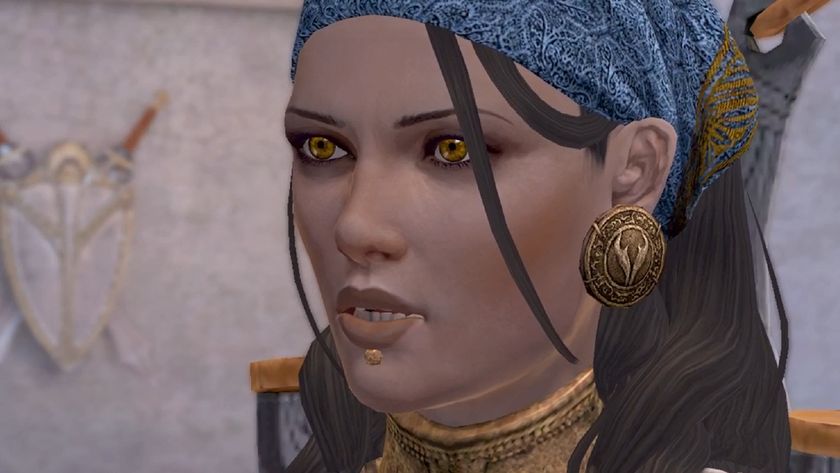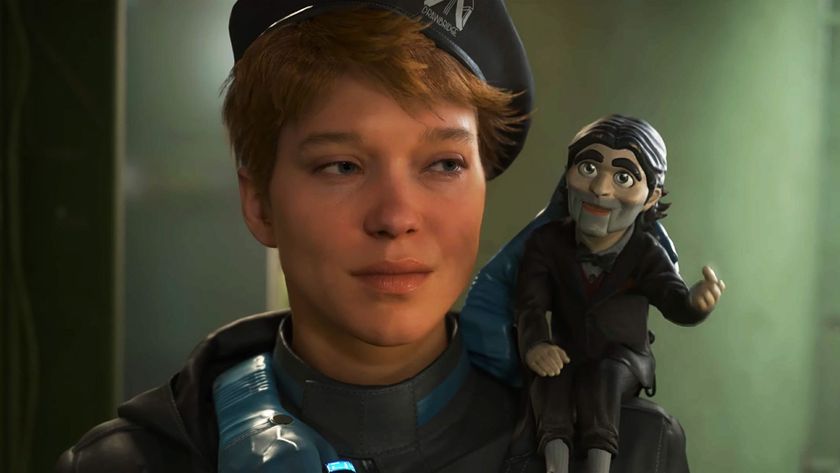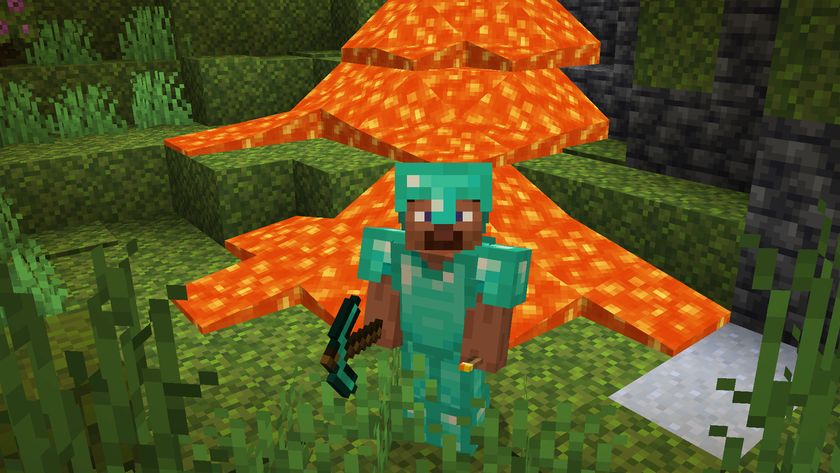How the creator of Her Story reimagined a 1980s hacker classic with #WarGames
"I'm trying something that feels deliberately extreme in some ways"
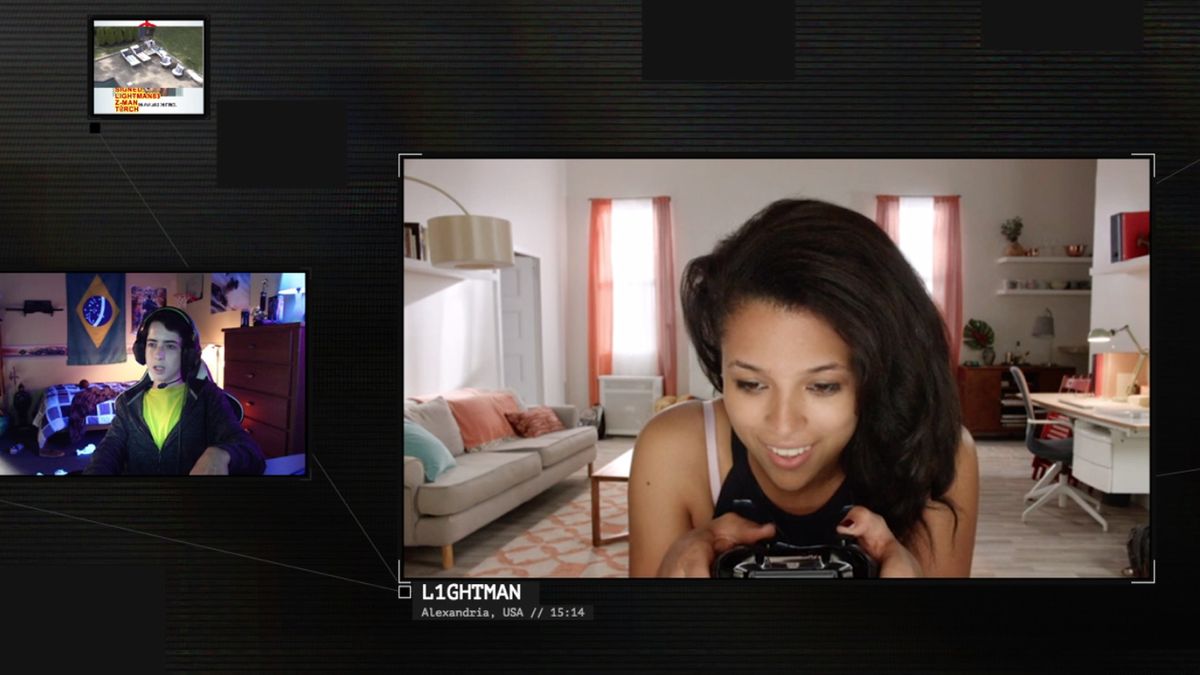
Sam Barlow made his name as a darling of the indie gaming scene with Her Story, the digital rabbit hole that has players solving a complicated mystery by searching and rearranging videos of a police interview. Fans were keen to know what he'd work on next, and were a little surprised when the answer was a narrative experience based on the 1983 movie WarGames. You can try it out for yourself here.
Talk to Barlow about it, and you get the sense that he was a little surprised to be working on it himself. When he first heard about the project, his instinct was to turn it down.
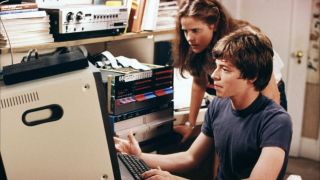
"Initially my reaction was negative," he says on the phone from New York, where he's now based. "Most of the video games I made back when I kind of worked with publishers were using existing IP. In some cases that's a great thing; in other cases you feel slightly dishonest trying to do something with someone else's story. There's a lot of this kind of nostalgic rebooting going on, and my reaction as a consumer is that it's a slightly cynical thing."
In case you were just an ovum in 1983, and haven't kept up with your Matthew Broderick back catalogue since then, the original WarGames focused on a fresh-faced hacker who bashes his way into a government program - housed in a machine called War Operation Plan Response - and accidentally prompts it to start a nuclear war simulation that could have very real-world consequences.
"I rewatched the movie," explains Barlow. "I just really started to react to the stuff that still felt fresh in the movie after all these years. It's the movie that invented the concept of a hacker in the mainstream, and now we live in an age when we have Mr. Robot, we have The Girl with the Dragon Tattoo. We have lots of examples of people that have done a good job of authentically showing that world. But it still felt like we had this idea of a hacker as the kind of troubled dark avenger. And actually, you look at Matthew Broderick and WarGames, and he's the life of the party. He's this great, charismatic young man. He's very funny, he's a class joker. Ally Sheedy wants to hang out with him."
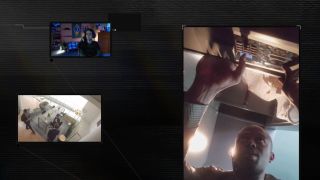
For Barlow, that image of the internet-competent youth who also knows how to have fun was very 2018.
"That whole movie is about the illogic of the Cold War. In the end, they triumph by essentially comparing it to a game of tic-tac-toe and pointing out a game you can't win. It's a childish idea. I really saw that reflected now, the amount you see this younger generation that's feeling more empowered to resist, actually calling people in power to task. And how that has intersected with the hacking scene."
Sign up to the 12DOVE Newsletter
Weekly digests, tales from the communities you love, and more
He quickly realized that when you're dealing with internet collectives, you're telling the story of people who aren't hanging out in the same physical space. "That's not something you can shoot in a traditional way. That's why, in most hacker movies, everyone gets together in a big warehouse and hangs out in the same space."
Instead of a warehouse, Barlow's #WarGames uses video chatting as its window on this community, with the player choosing who they're looking in on at any given moment.
"I really wanted to push away from the idea that there's a traditional way of doing these kind of choice-based cinematic narratives. I decided to take a lot of the responsibility off of the player, so you're not using all your brain capacity worrying about choices and trying to figure out what's in the designer's head. What does this choice do, what does it impact? You're just able to enjoy the story and the characters. And figure out ways of using the interactivity in a way that's more subtle," he says.
"I think what I'm reaching for with #WarGames is to imagine a TV show that's not about wish fulfillment. It's not about saying you get to roleplay as Superman; it's a show that's the equivalent of seeing a comedian live. Because the fact that I'm touching the screen, having some choice over what I'm looking at in the moment, tells my brain that this is more real. This is actually happening. It's more significant than if I'm just sat watching a screen."
Barlow is busy with his next project, Telling Lies, which will be published by Annapurna Interactive, home of What Remains of Edith Finch and Florence. Telling Lies is a political thriller that will be a spiritual successor to Her Story, and like that game and #WarGames, will no doubt offer up yet another way to experience a damn good story.
"Definitely, like Her Story, I'm trying something that feels deliberately extreme in some ways," says Barlow of #WarGames. "And I then have to sit back and see how the audience responds to it. And I think it would be really great if it finds its audience in the way that Her Story did."

Rachel Weber is the former US Managing Editor of 12DOVE and lives in Brooklyn, New York. She joined 12DOVE in 2017, revitalizing the news coverage and building new processes and strategies for the US team.
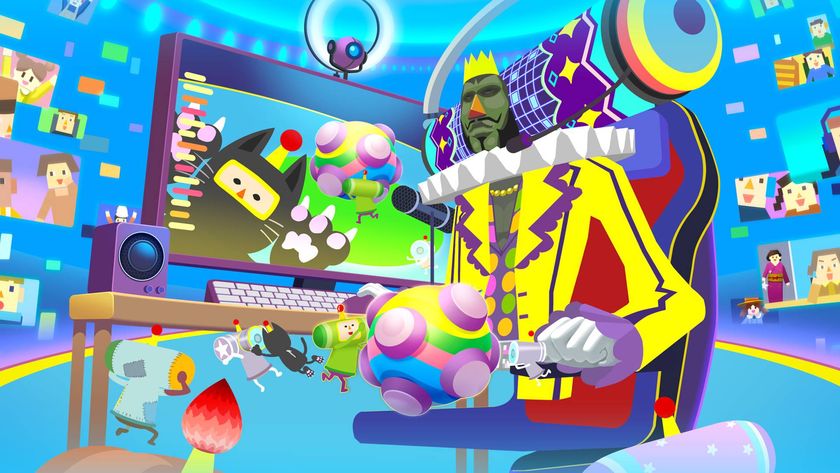
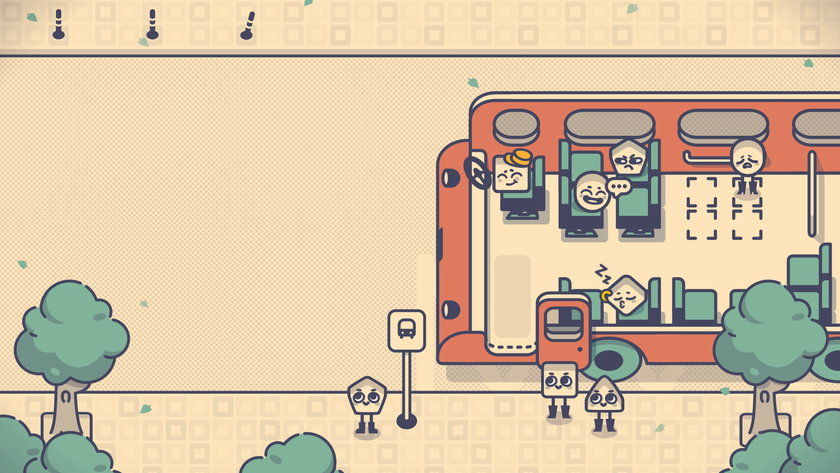

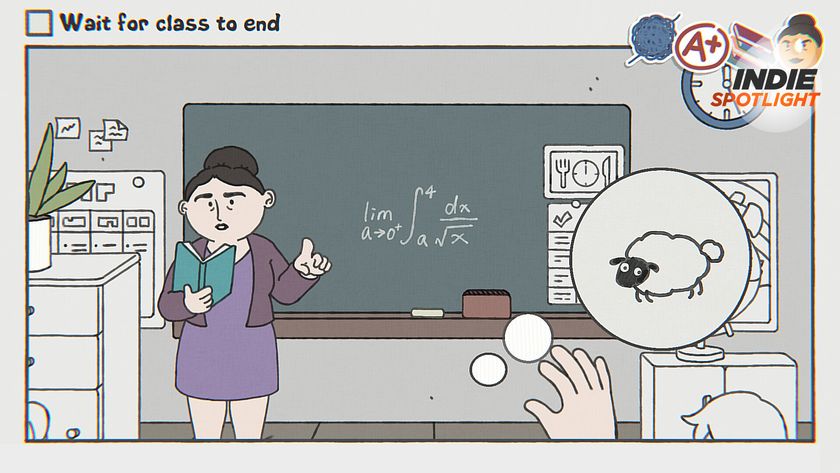
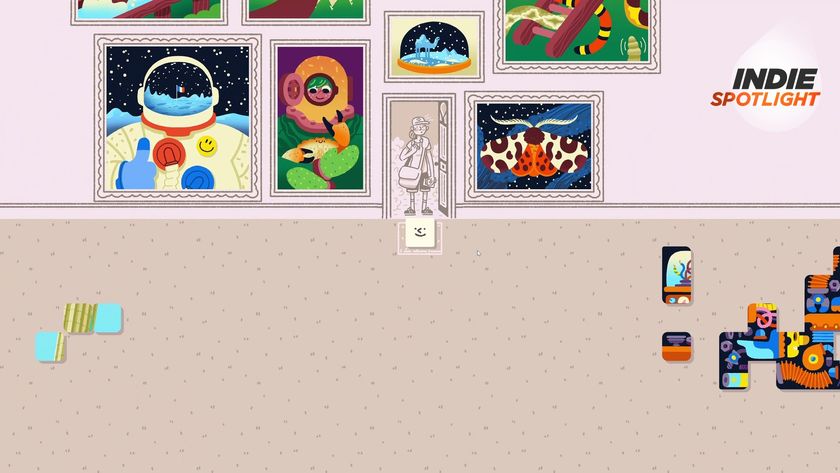
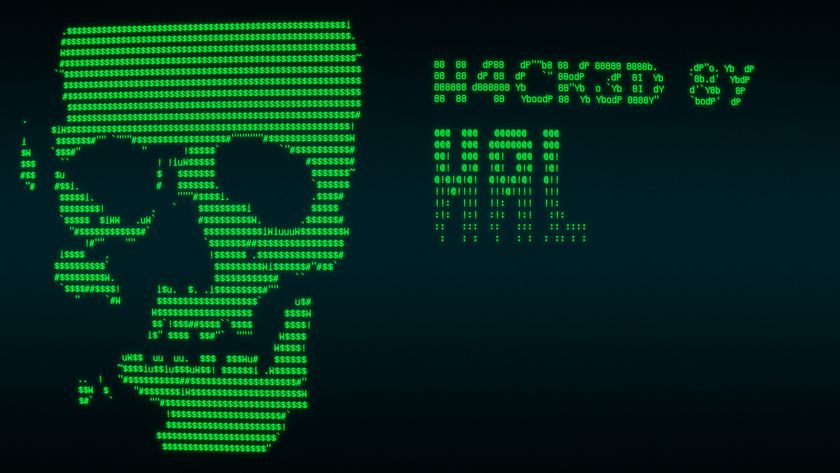

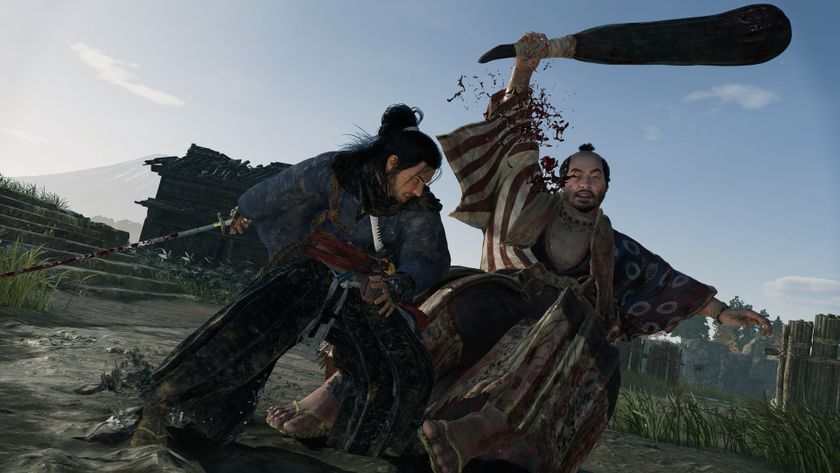
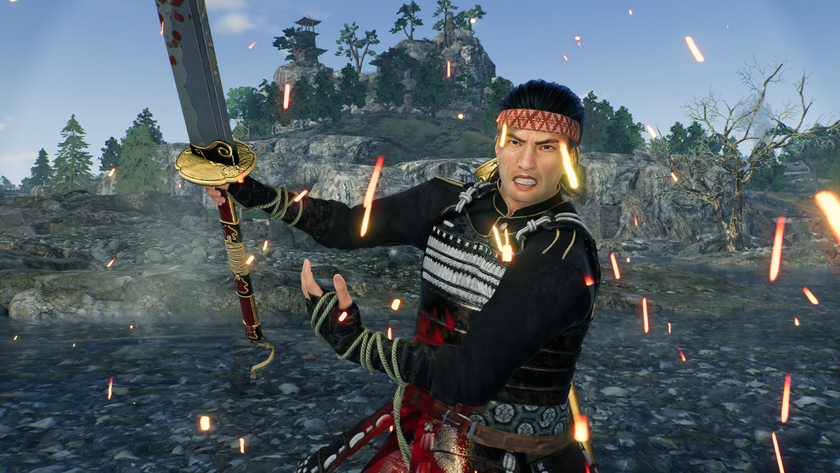
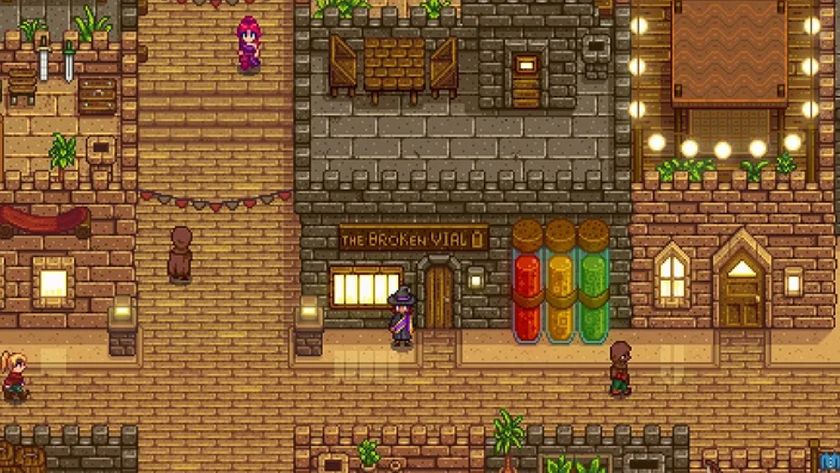
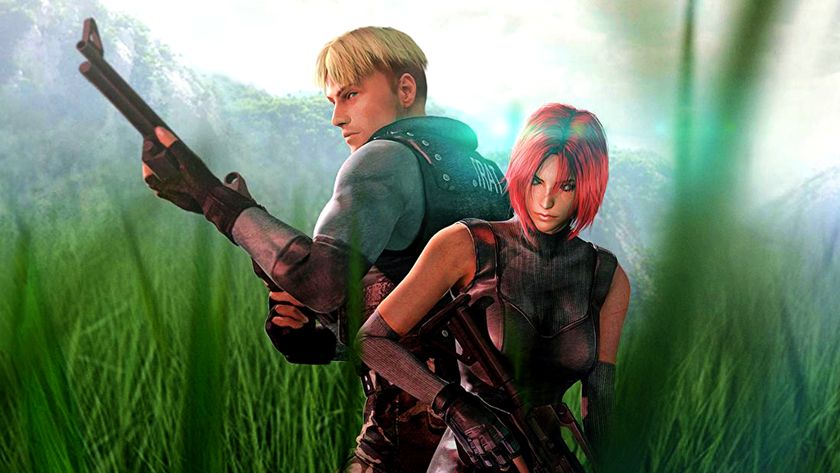
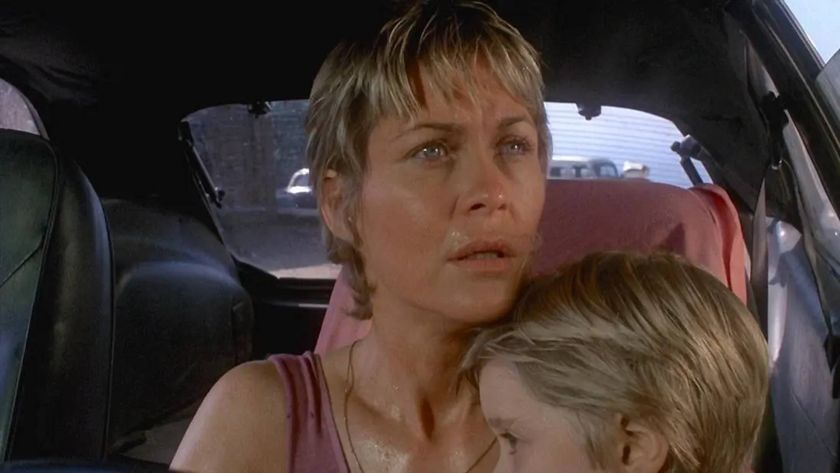

The first all-new Katamari Damacy game in almost 8 years is trapped in Apple Arcade jail, and I can only hope it follows in Hello Kitty Island Adventure's footsteps to eventually escape

This puzzle game almost made me want to talk to strangers after its chill Steam Next Fest demo got me hooked on organizing seating charts


